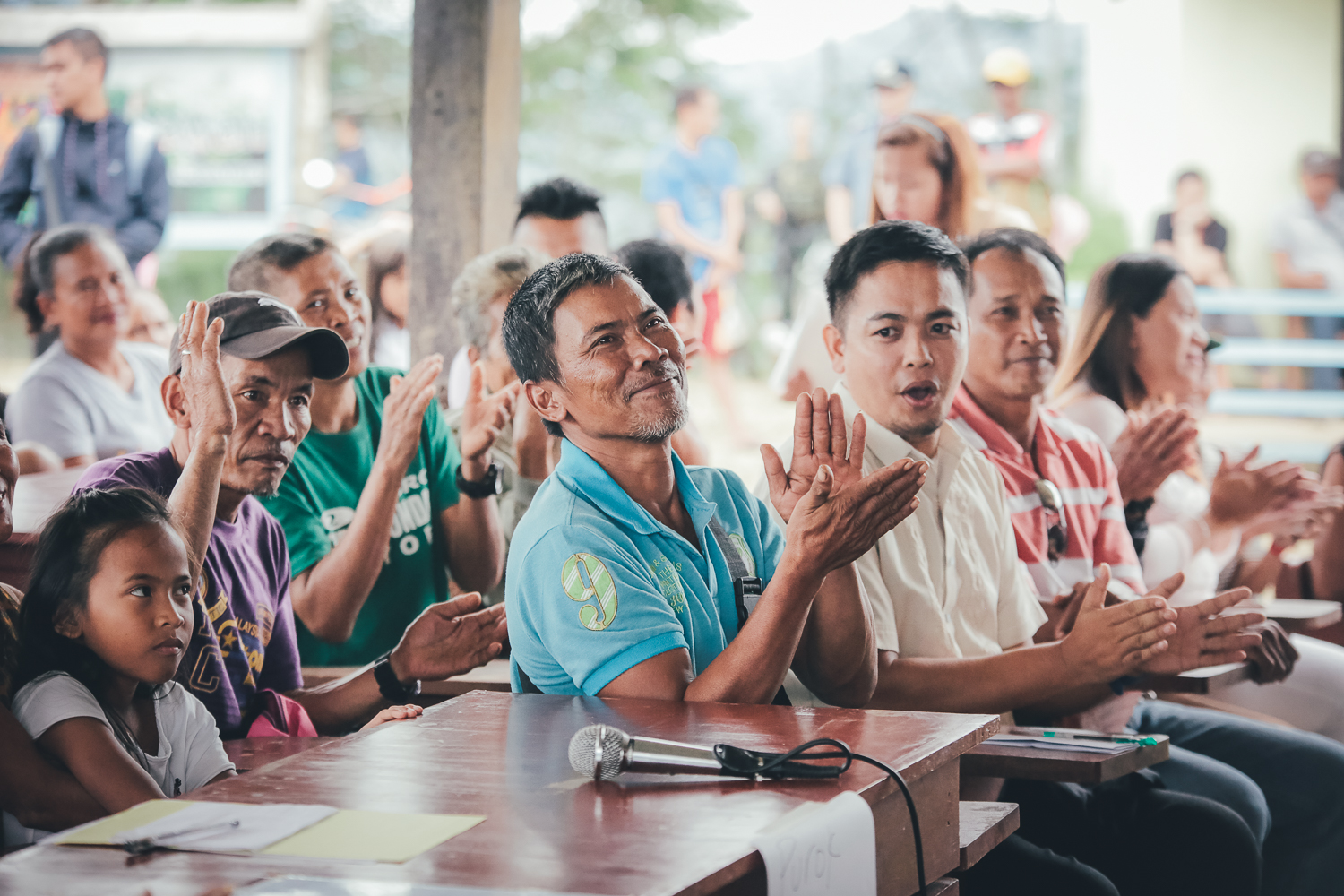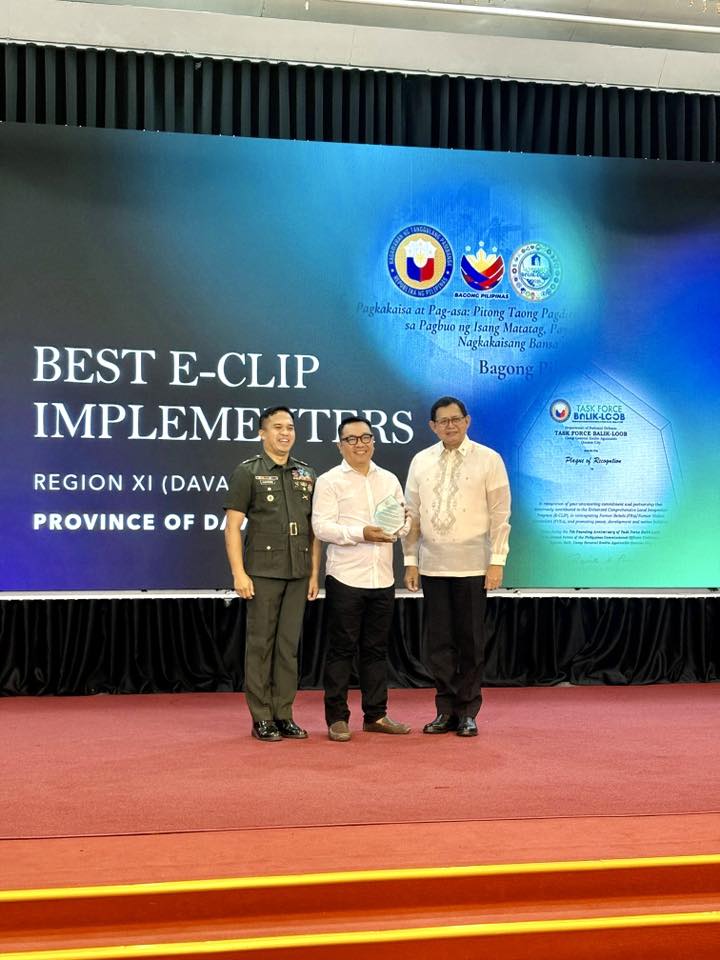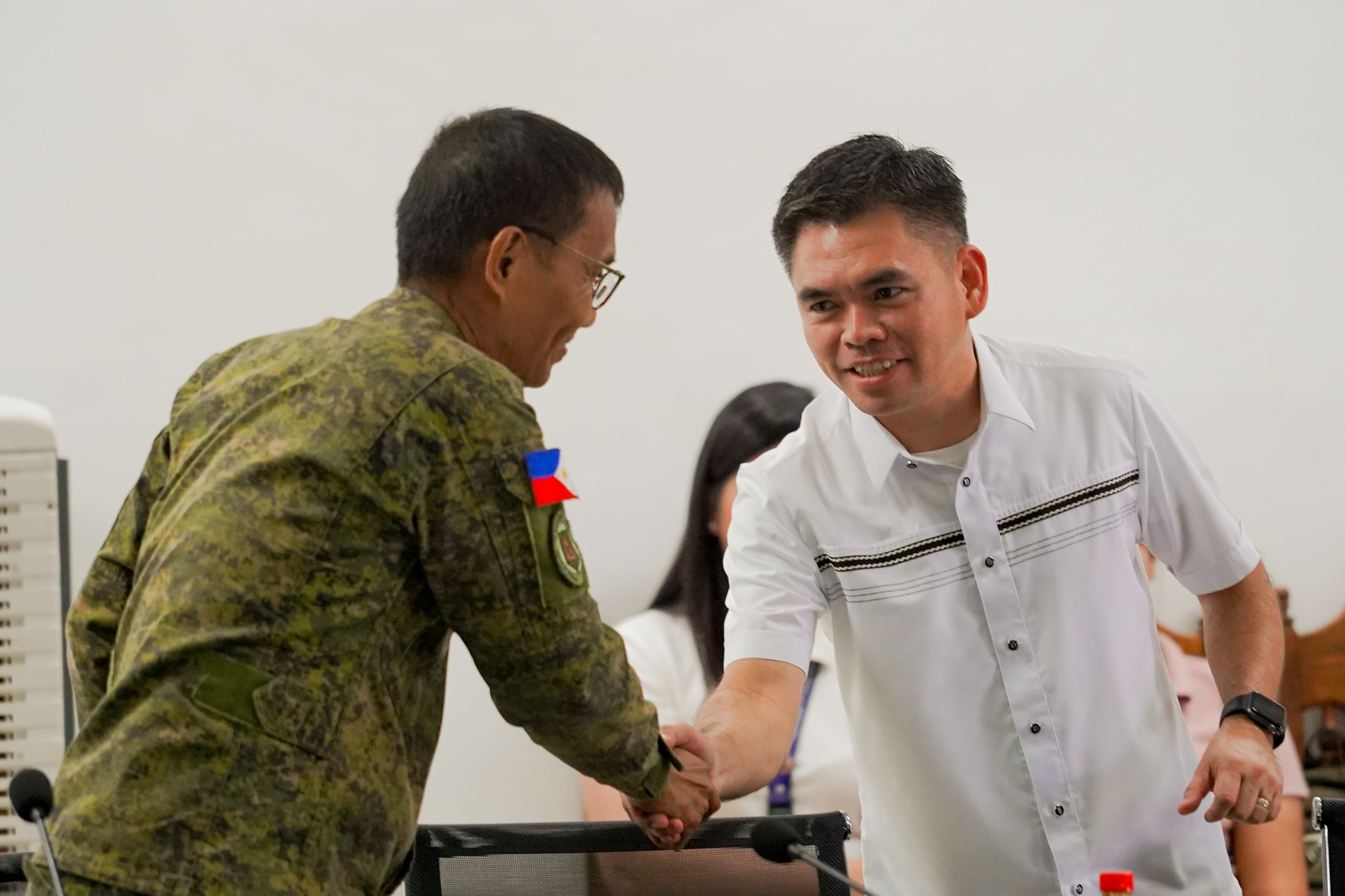BAGANGA, DAVAO ORIENTAL – More progress has been made in advancing peace in Davao Oriental as residents in a hinterland village here have vowed their all-out support to the government after having their voices heard in a recently held community dialogue.
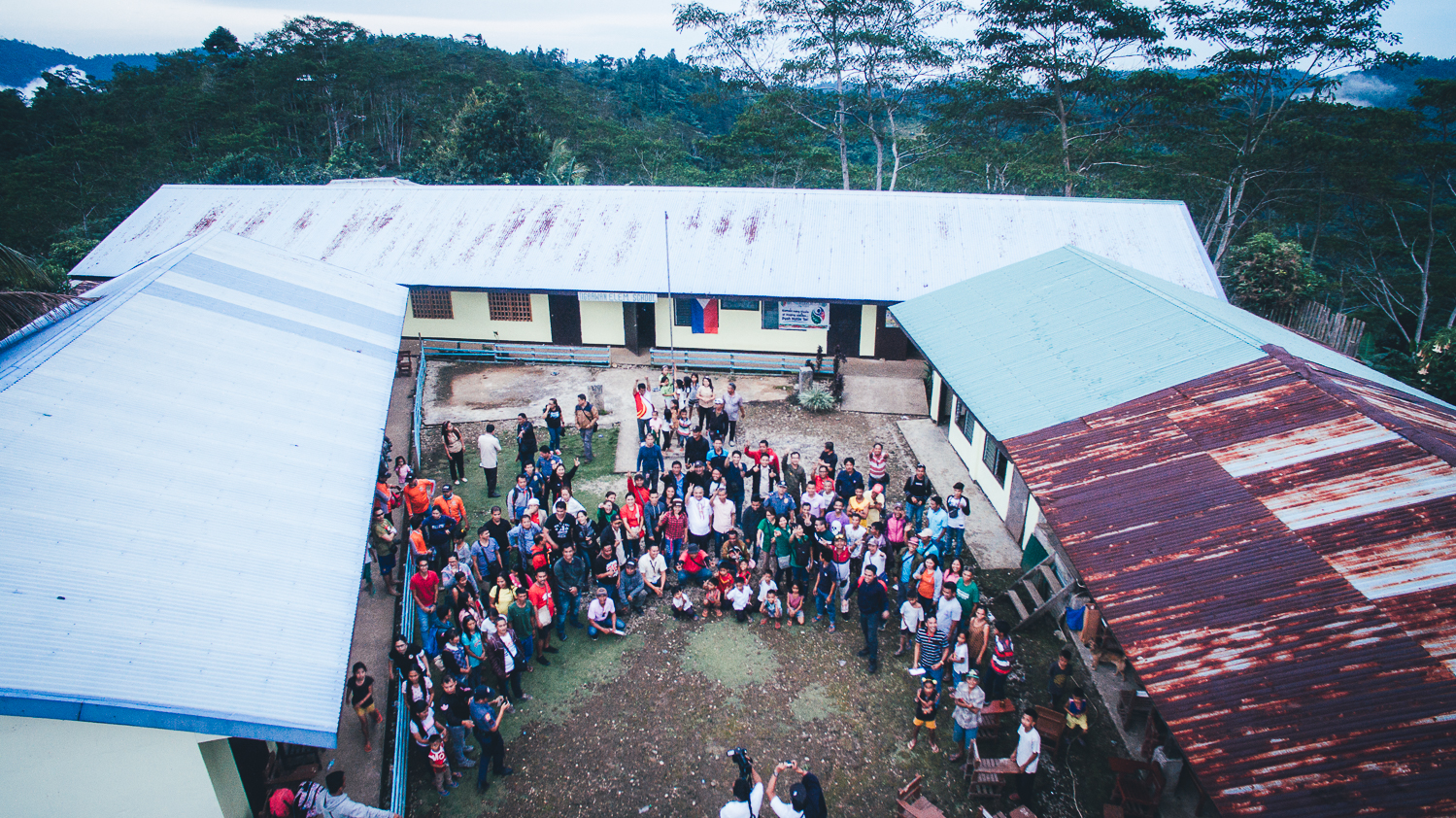
On August 1-2, the Provincial Task Force to End Local Communist Armed Conflict (PTF-ELCAC), composed of government agencies and provincial government departments, has rolled out another Multi-sectoral and Participatory Barangay Development Workshop and Dialogue in sixteen sub-villages in Barangay Binondo in the municipality of Baganga, which covers mostly ancestral domains of the Mandaya.
The activity, which allowed the residents to list down their communities’ urgent concerns that need the government’s quick interventions, saw villagers rallying for support to the government’s peace strategy.
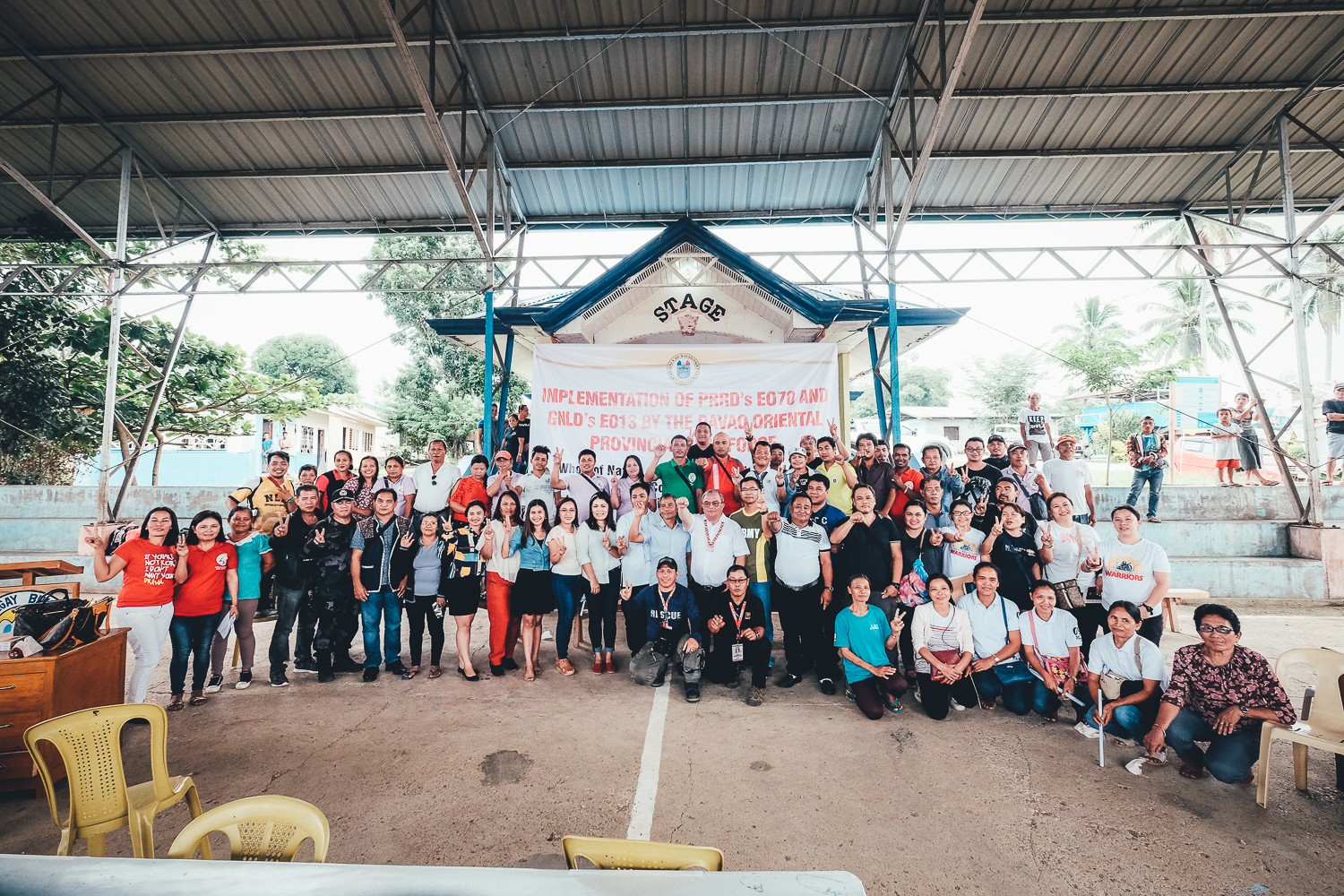
Aquino Magno, Chairman of Sitio Mantapay, one of the farthest sub-villages in Barangay Binondo, said that the people in his village have high hopes over the government’s programs to uplift their lives. “The people here will be happy if the government will really deliver its promises and address our needs. Our place will surely become more peaceful when that happens,” says Magno.
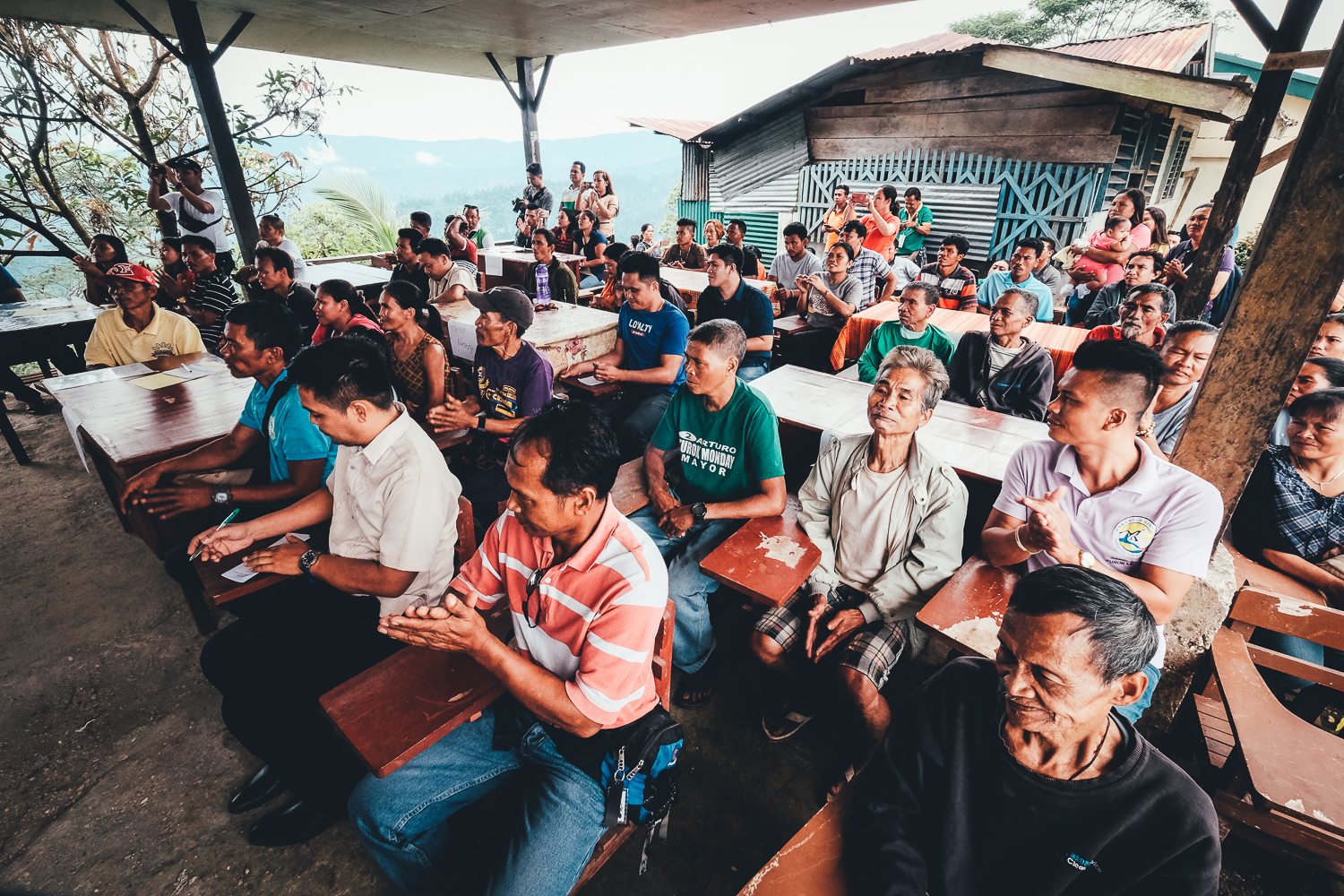
Aside from the absence of electricity in most of its sitios, lack of water system, livelihood and training, health care, and education, among the other top community issue that surfaced during the workshop cum dialogue was the poor road condition. Residents here say that motorcycle fare can reach up to P 1,500 per person in areas as far as Sitio Mantapay situated more than 30 kilometers away from the economic center. “What’s worse is that our produce get damage by the time it reaches the town center,” said one resident, adding that this is one of the heavy burdens farmers here have endured for years.
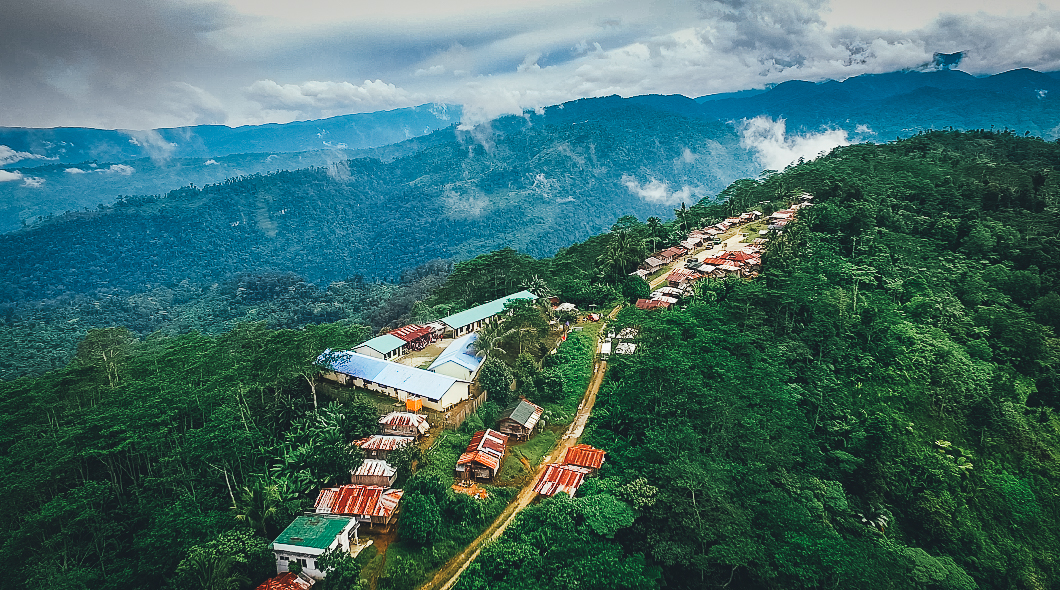
With a total land area of 25,958 hectares, Barangay Binondo is one of the biggest barangays in the municipality of Baganga and is home to more than a thousand households who live off mostly from farming crops like corn, coconut, and vegetables. While sub-villages on the uplands have been known to produce world-class abaca fibers, production went to a slump due to abaca diseases – a concern that agencies like the Philippine Fiber Industry Development Authority (PhilFida) is now looking into.
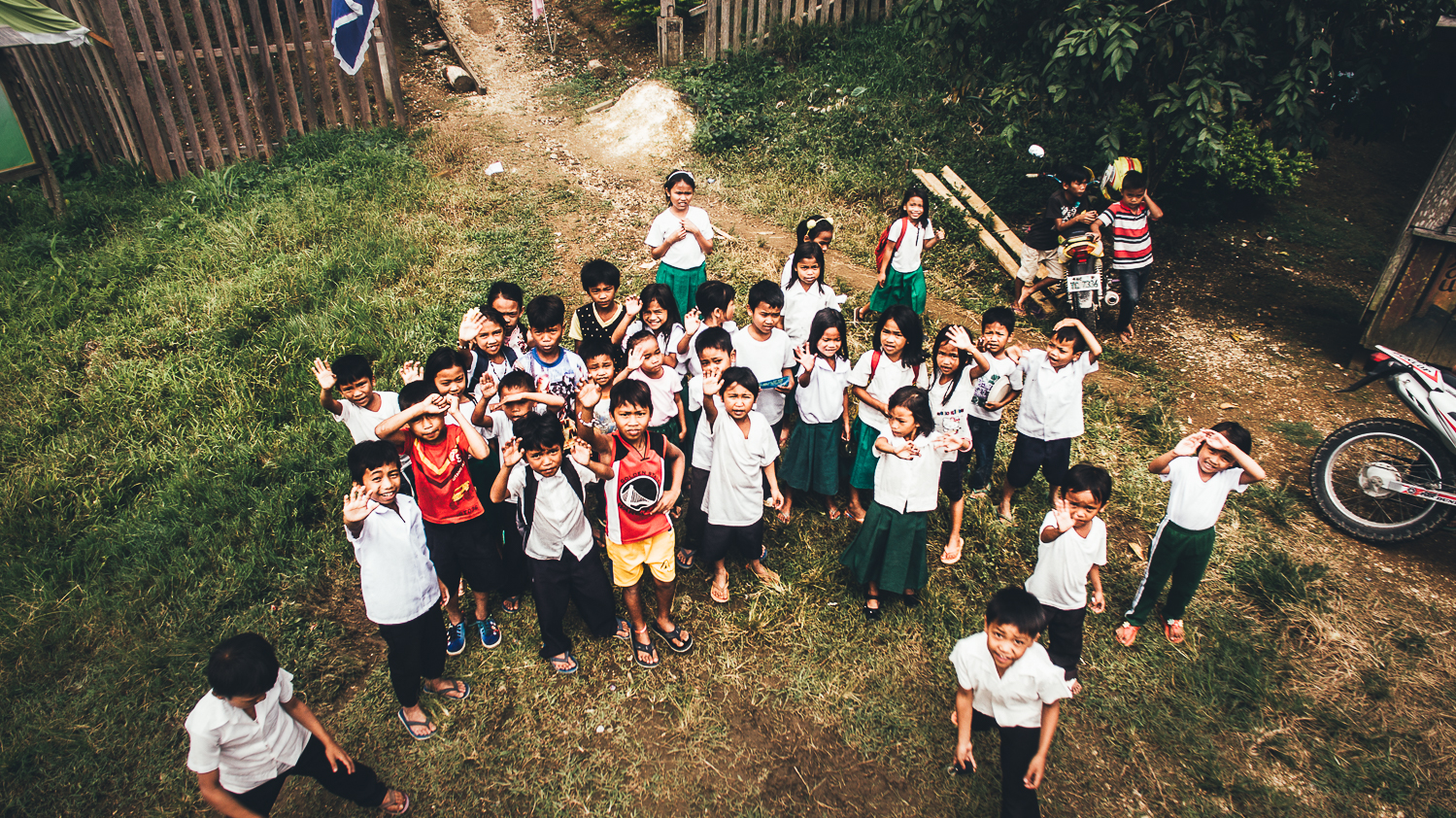
Although there had been no recent violent incidents in the village in the last few years, Barangay Binondo, about a decade ago, has once been a stronghold and training grounds of the Communist New People’s Army. Due to its remoteness from the town center, government services hardly reach the hinterland sub-villages, particularly Sitios Tigbawan, Mantapay, Limot, and Bagangan which are situated near the boundary between Davao Oriental and New Bataan, Compostela Valley Province where the NPA used to take refuge. “The road leading to these areas was used to be nonexistent which made the area a breeding ground of the NPA in the past,” said 67th Infantry Battalion Commander Lt. Col. Louie Dema-ala.
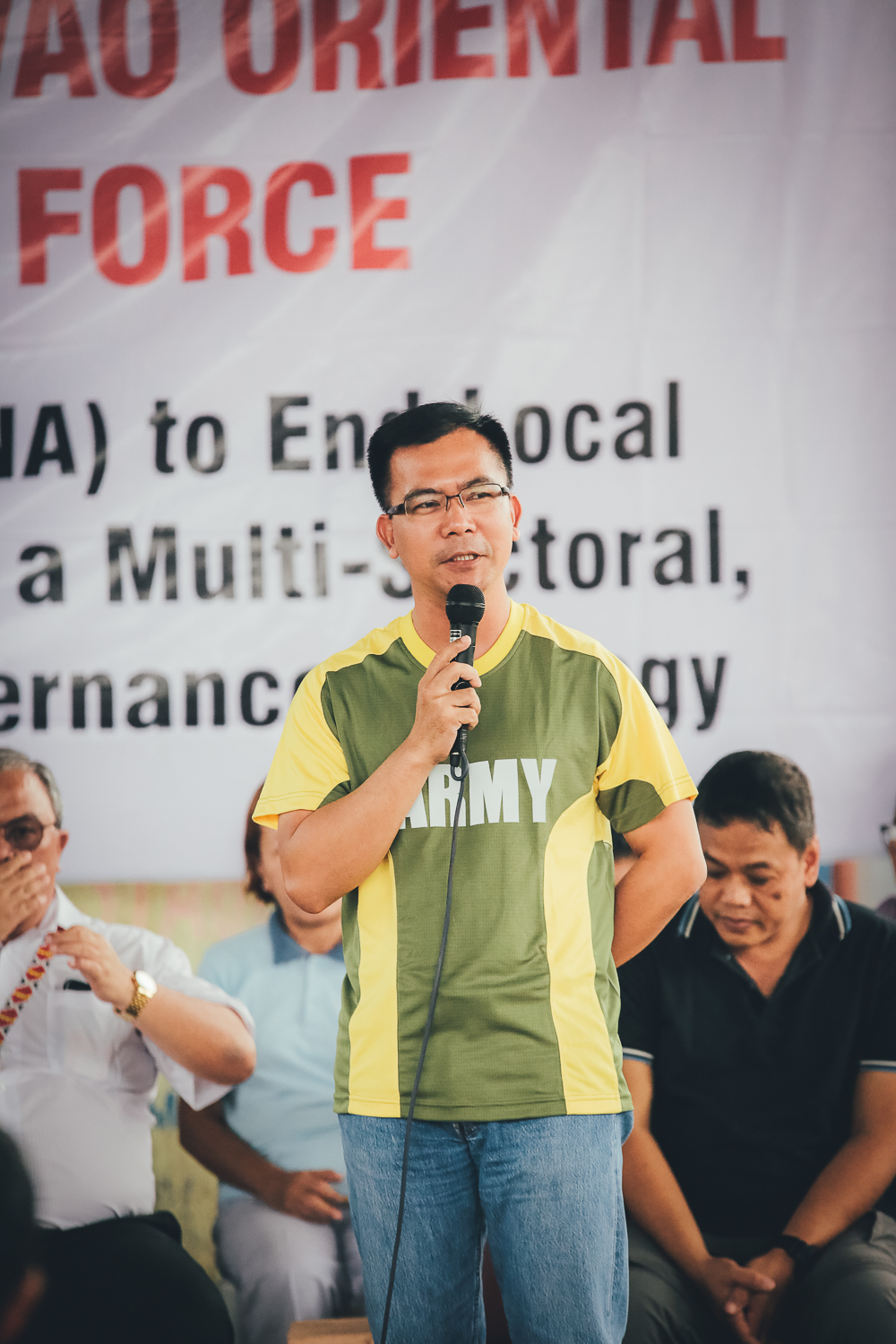
While peace and order here has significantly improved over the years as government efforts have gained positive inroads that made people turn their support to the government’s peace efforts, the security forces emphasize the need for sustaining the peace. “What we need now is to sustain and strengthen what we have gained,” Lt. Col. Dema-ala said, noting that the implementation of the President’s Executive Order 70 and the Governor’s Executive Order 13 through dialogues is one of effective ways to do it. “This approach has definitely resulted to positive effects on the people as they were able to feel the government’s presence,” he added.
Government’s Commitment
Seeing the government in full force – a scene rarely witnessed in the farthest sitios – has filled villagers with “high hopes” that solutions to their plights are now finally within reach. During the two-day activity, the government agencies have committed the delivery of their short and long-term interventions as tangible steps of the national directive.
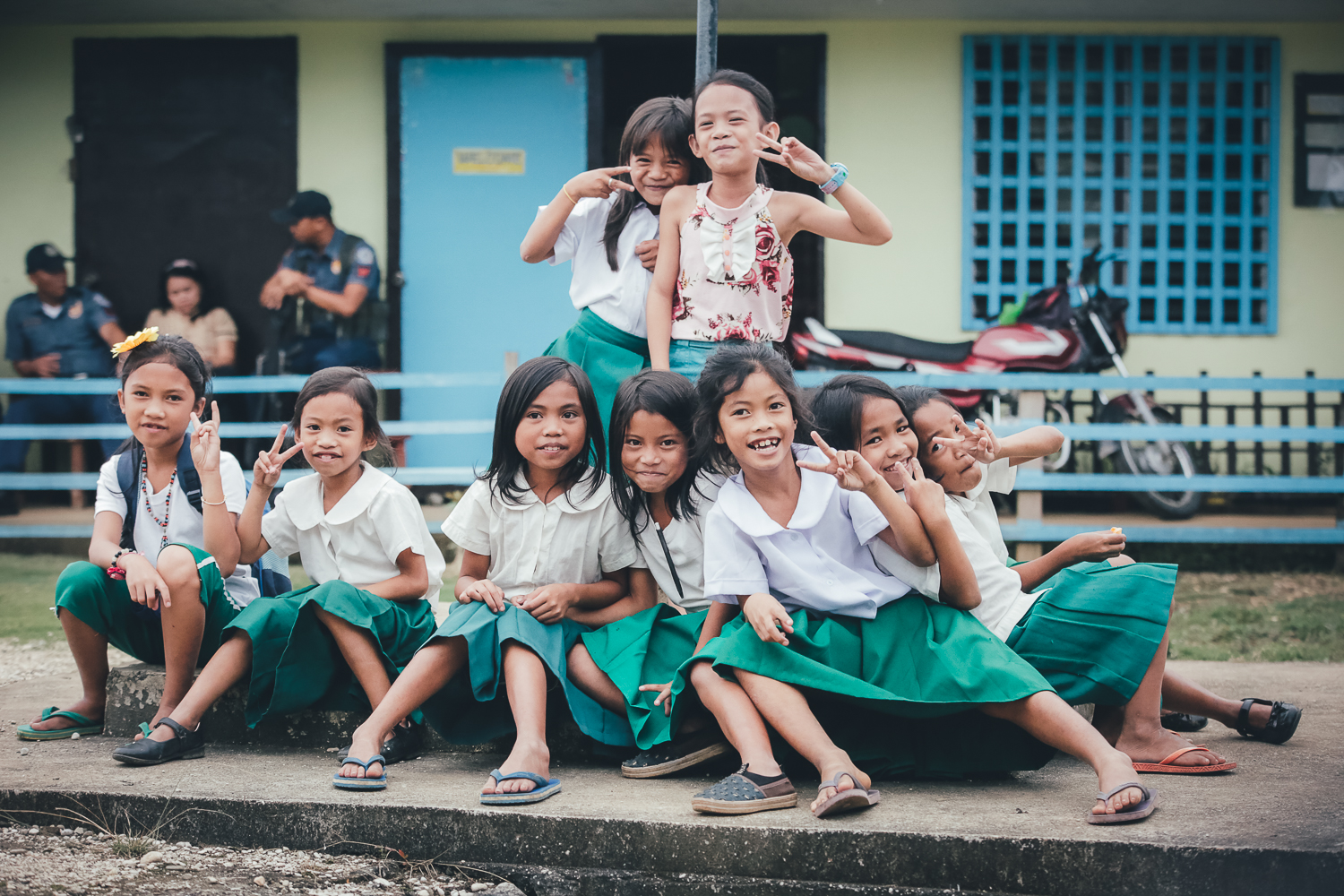
Personnel from the various agencies, in the next few weeks, are expected to go back to the community to conduct various activities such as organizing residents into cooperatives and farmers’ federation for them to become eligible to avail of farming machinery and receive technical assistance.
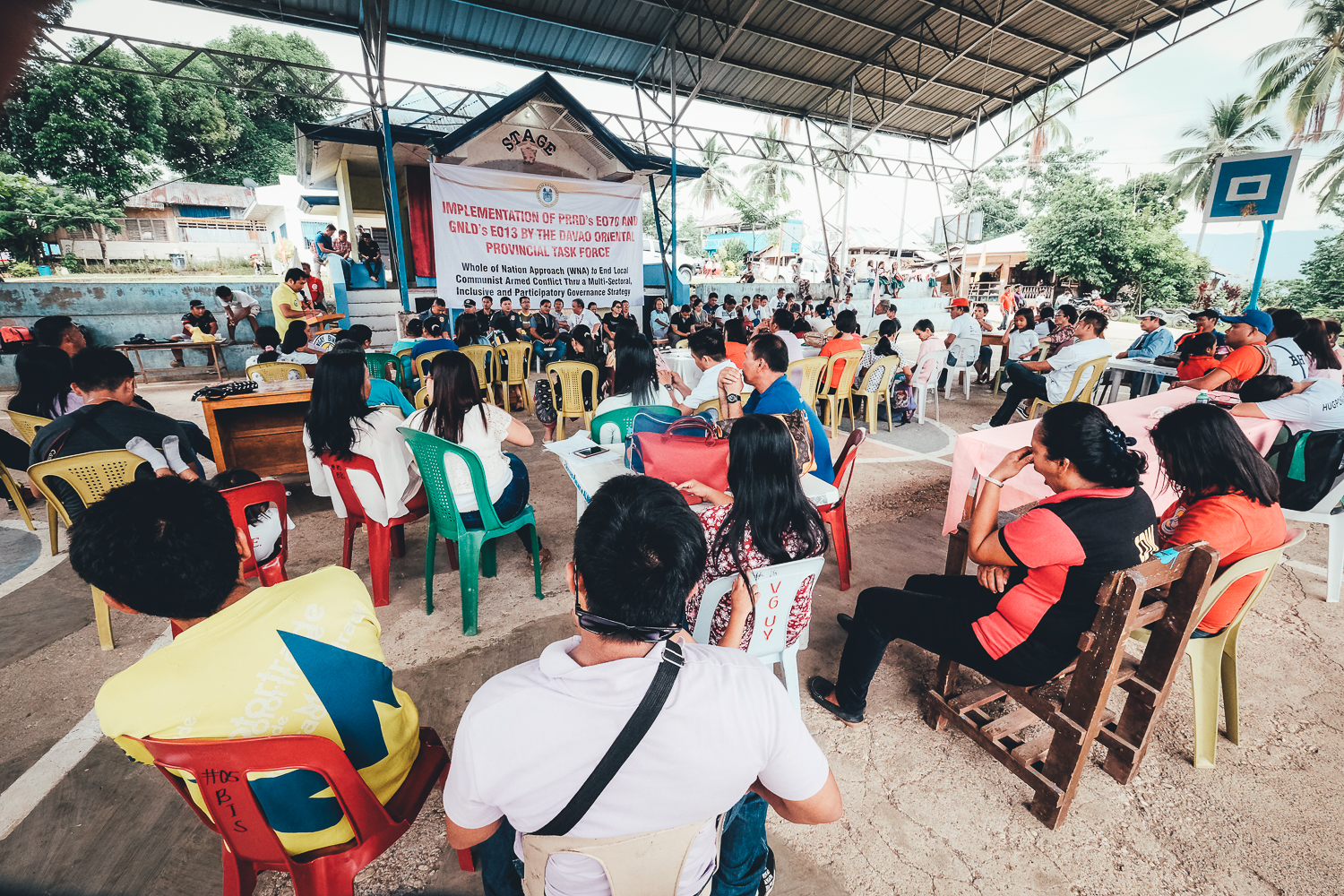
There will also be inventory of farmers who need seedlings, fingerlings, planting materials and training; Persons with Disability to be registered to avail of social welfare benefits, and families in ancestral domains eligible for free housing program. Also set are a series of training programs on disaster preparedness and strengthening of barangay councils and organization of Barangay Peacekeeping Action Teams as force multipliers of the Philippine National Police. A scheduled medical checkup will also be conducted to inventory patients and the needed supply of medicines.
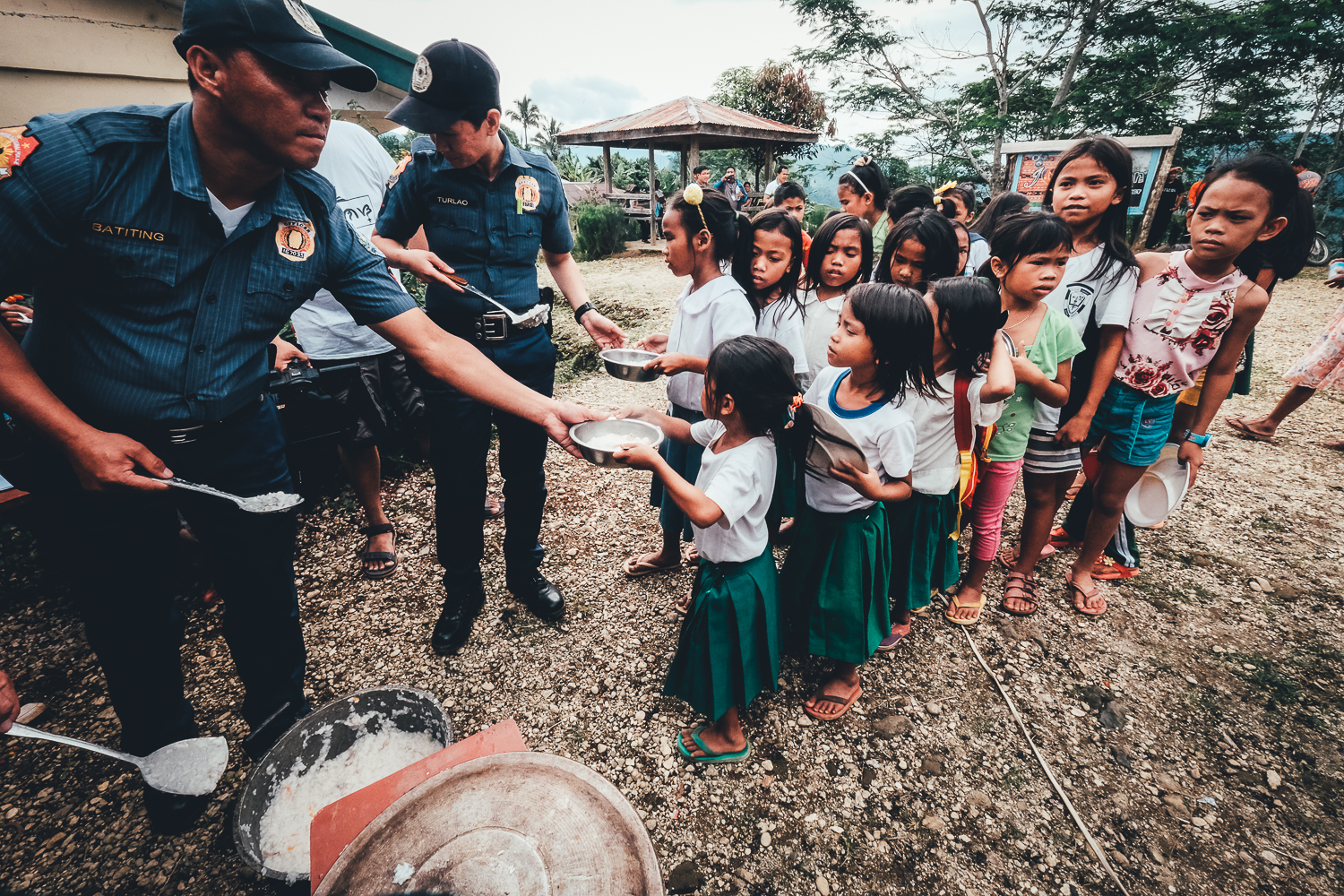
In terms of social welfare, the Department of Social Welfare and Development committed to continue the validation process for senior citizens eligible for social pension as they are set to schedule release of cash to those already validated. It also announced a scheduled enumeration and interview to validate enrolment of families to the 4Ps program.

Moreover, residents were also encouraged to have their children avail of the scholarship programs offered by the Bureau of Fisheries and Aquatic Resources (BFAR), the National Commission on Indigenous Peoples (NCIP), Technical Educational Skills and Development Authority (TESDA), the Philippine National Police, and the Philippine Army.
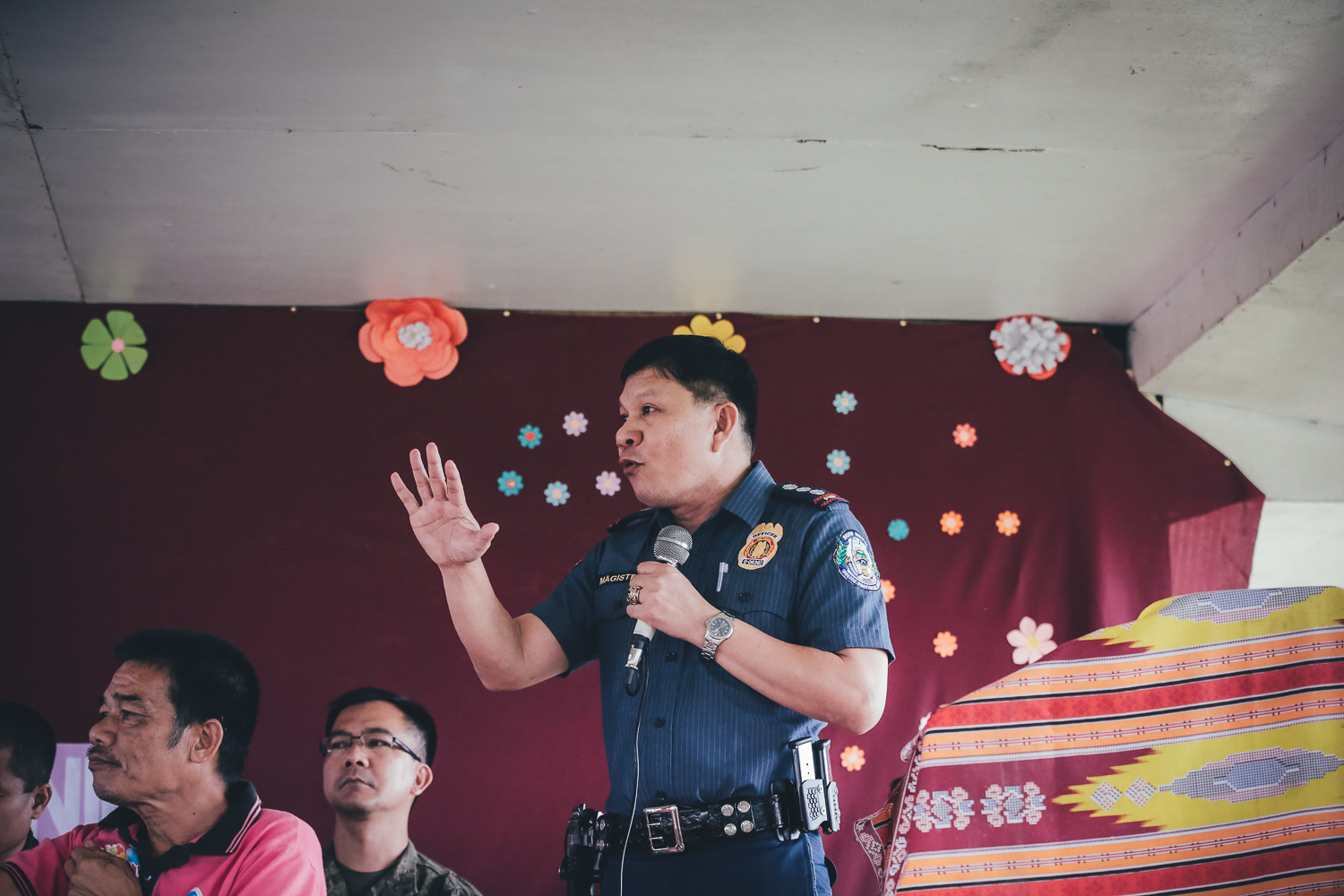
As for the road improvement, the Department of Public Works and Highways (DPWH) announced its proposed construction of the Baganga-New Bataan Road that will traverse from the national highway to Sitio Tigbawan. Convergence programs for roads not included in the national road program are also being explored. Likewise, the Provincial Engineer’s Office also committed to look into the construction of water system, daycare centers, and other vital community infrastructures.
The Government in Action
With the President’s directive to employ the Whole-of-Nation approach in compelling all national agencies and Local Government Units to pool efforts and resources to deliver government services up to last sitios, members of the PTF-ELCAC are confident that peace and development will become palpable in the grassroots in no time.
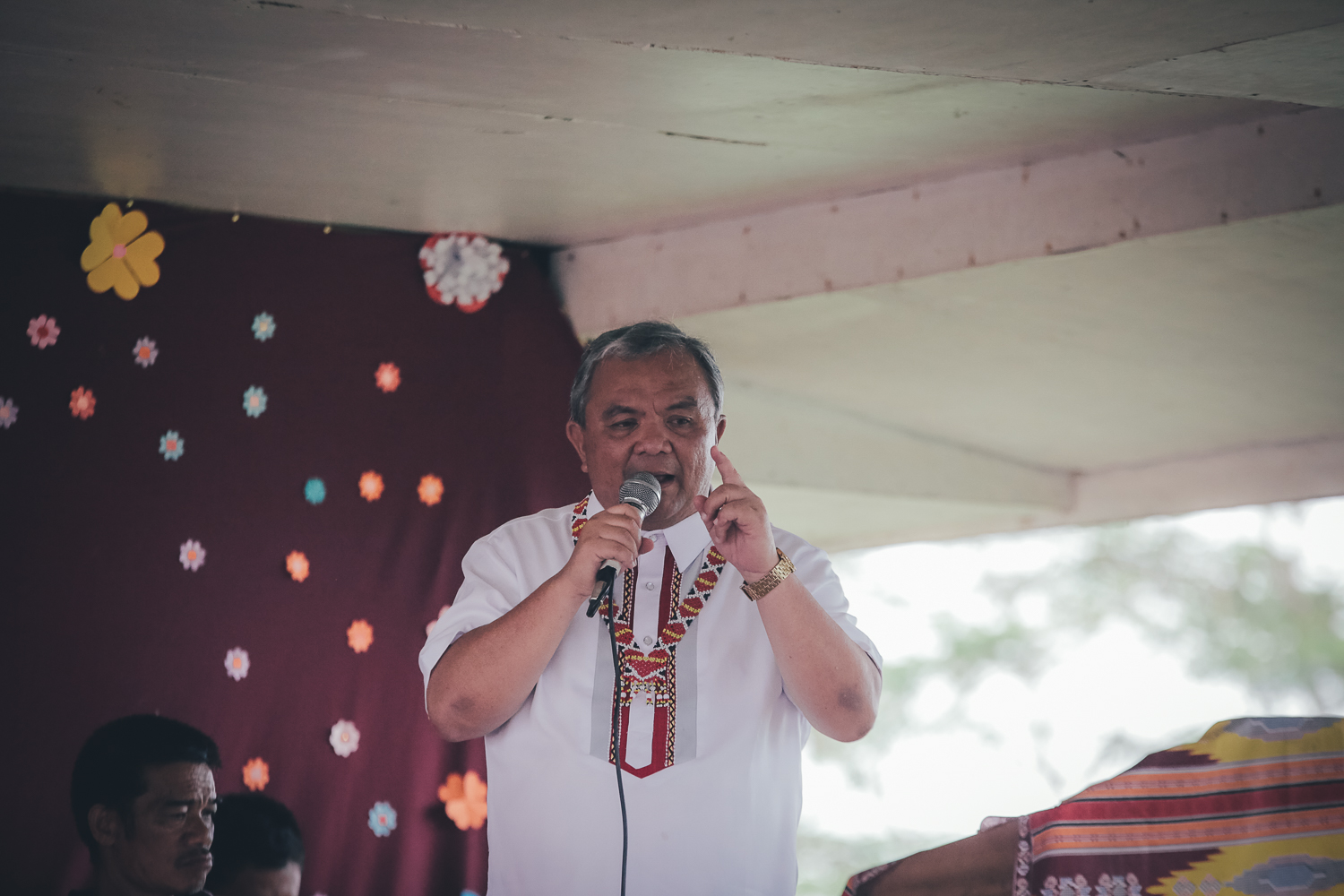
PTF-ELCAC Vice Chairman Ednar Dayanghirang pointed out that through a participatory and multi-sectoral community dialogues “we are assured that everyone is heard and no one is left behind”.
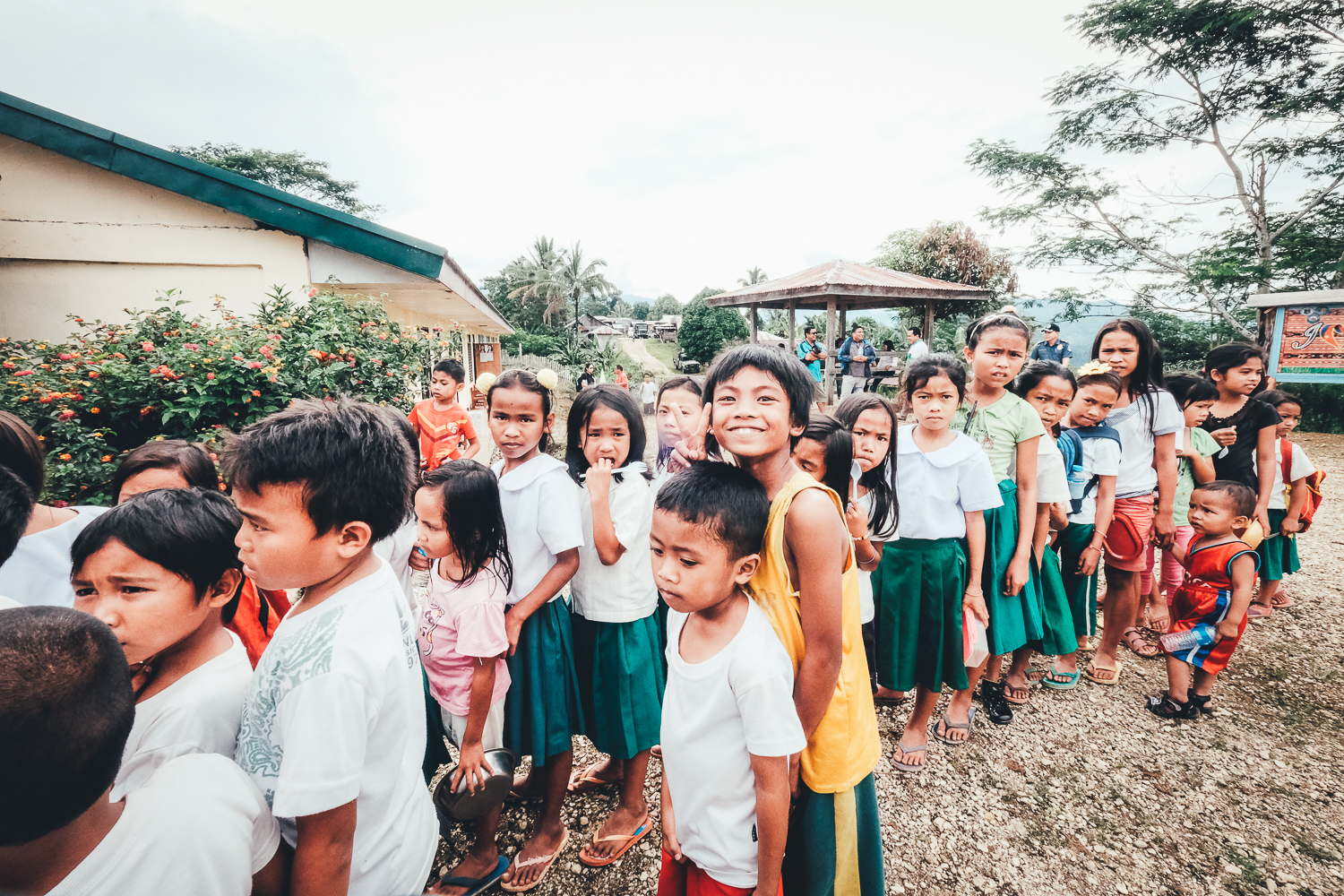
Meanwhile, amidst the commitment of various agencies in the delivery of programs and services, he pointed out the entire process as an outstanding example of what convergence can do. “The bottom line of all our efforts is for people to know the government and to let them feel that the government works for the people especially for those in the most hinterland sitios where the Communist group mostly proliferate due to the absence of the government,” he added.
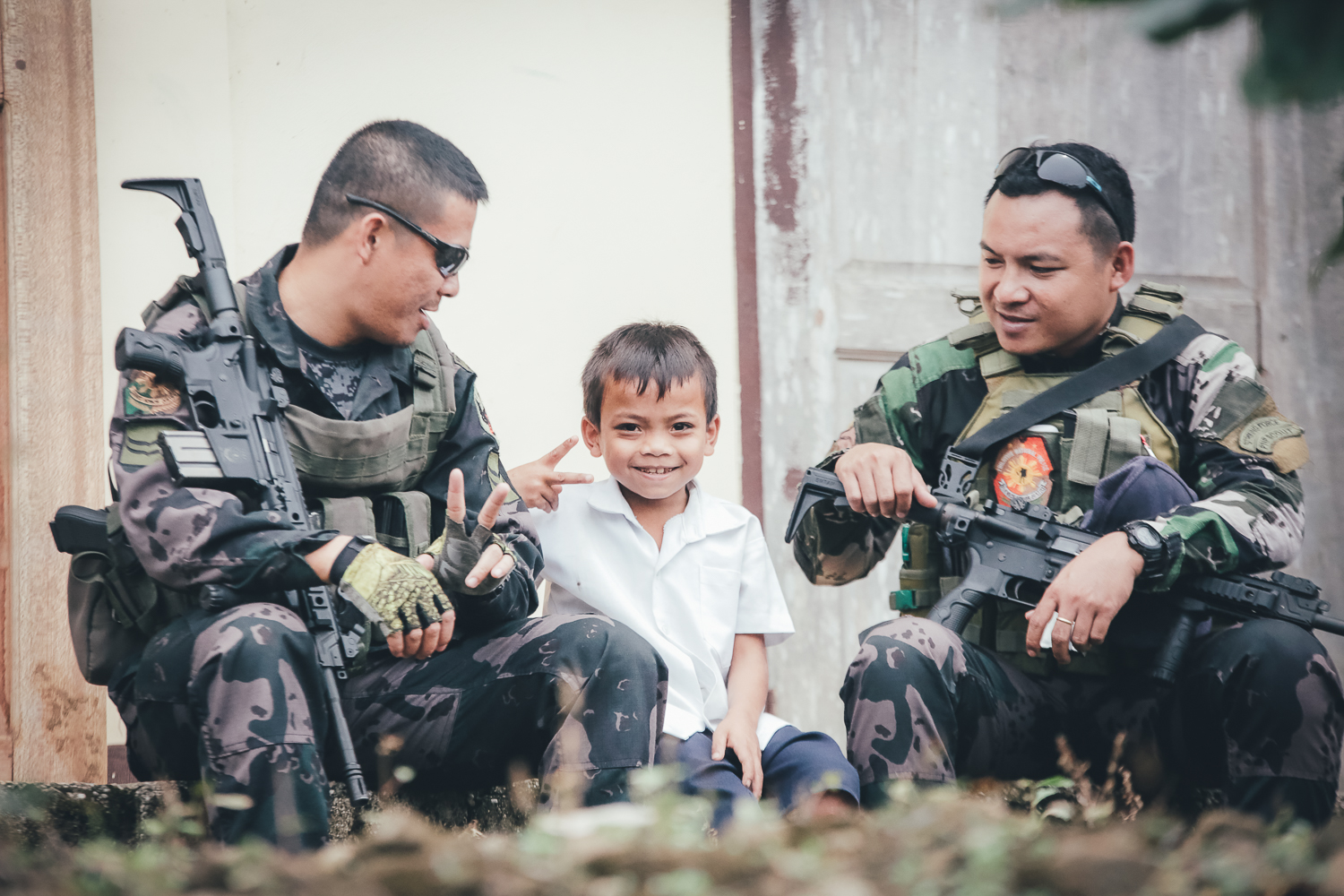
Governor Nelson Dayanghirang called on to all government agencies’ continued commitment to the collective efforts of secure lasting peace in the Province of Davao Oriental and beyond. By Karen Lou Deloso/Photos by Eden Jhan Licayan.

